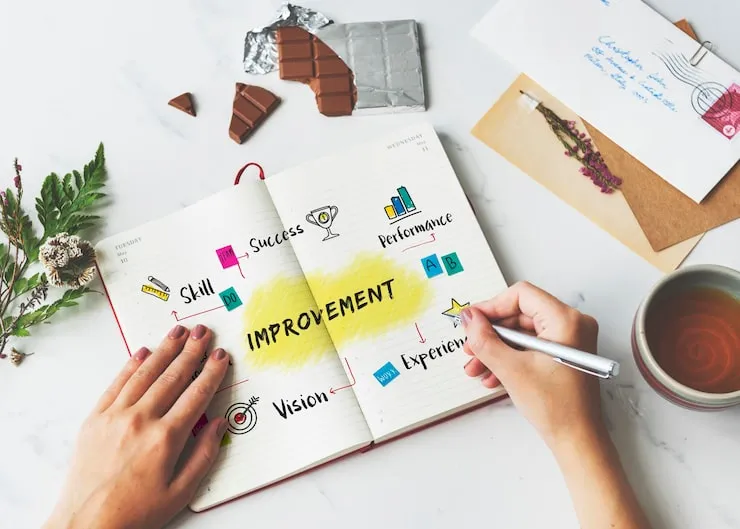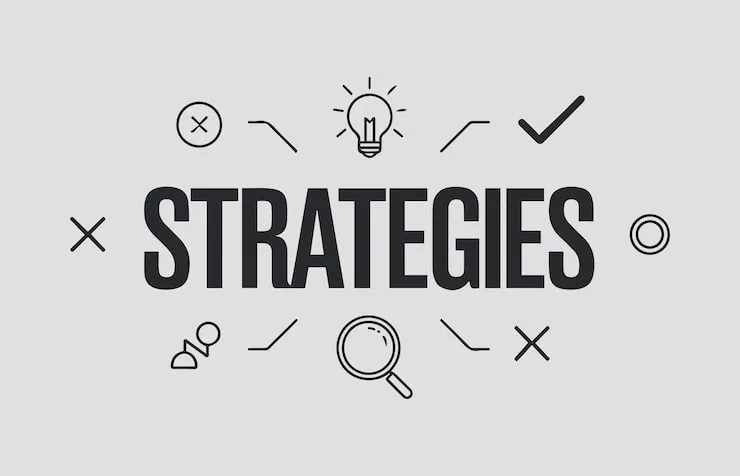
In today's advanced age, numerous individuals battle to remain centered. Notices, emails, and social media can divert us effortlessly. At the same time, our work and individual objectives request consideration. It's no mystery that remaining profitable requires great propensities. Little day by day activities can make a huge contrast. This article will investigate straightforward propensities that make strides center and efficiency. We'll share tips you can utilize each day without feeling overpowered. By taking after these propensities, you can get more done in less time and feel less stressed.
Start Your Day With a Morning Routine
A solid morning schedule sets the tone for the day. Waking up at the same time each day can offer assistance your body clock remain standard. Start your morning with something basic but positive. Drinking water, extending, or taking a brief walk wakes up your intellect and body. Dodge checking your phone to begin with thing in the morning. This can offer assistance you begin your day calmly and clearly. Indeed ten minutes of arranging your day can move forward your center. Type in down the most vital errands for the day. This makes a difference you know what to do to begin with and diminishes perplexity later.
Read Also: Virtual Classroom Platforms For Remote Learning
Prioritize Tasks and Avoid Multitasking
When you have numerous assignments, it’s simple to feel misplaced. Prioritizing your work makes a difference you center on what things most. Utilize a straightforward list to rank errands by significance. Begin with the hardest or most imperative errand to begin with. This is frequently called “eating the frog.” Dodge multitasking since it parts your consideration. Centering on one errand at a time increments proficiency. Set a clock for work sessions, like 25–30 minutes, and take brief breaks in between. These little steps offer assistance your brain remain sharp.
Take Short Breaks and Move Your Body
Sitting for as well long makes your brain tired. Taking brief breaks makes strides center and vitality. Indeed a five-minute walk or extending can revive your intellect. Moving your body increments blood stream and decreases push. Attempt the Pomodoro method: 25 minutes of work, at that point 5 minutes of rest. After four rounds, take a longer break of 15–30 minutes. Breaks avoid burnout and offer assistance you concentrate way better. Keep in mind, brief breaks are not squandered time—they make your work more productive.
Eat Healthy and Stay Hydrated
What you eat influences your center. Eating overwhelming, sugary dinners can make you languid. Select nourishments that allow long-lasting vitality, like natural products, nuts, and entire grains. Drink sufficient water amid the day. Drying out can make your brain moderate and diminish consideration. Dodge as well much coffee or vitality drinks. They can cause a crash afterward. Eating customary dinners and sound snacks makes a difference your intellect remain sharp. Arranging your suppers and water admissions can make strides efficiency naturally.
Limit Distractions and Create a Work-Friendly Space
Your environment influence your center. A muddled or loud space can diminish efficiency. Keep your work range clean and organized. If conceivable, work in a calm put. Turn off notices on your phone or computer whereas working. Utilize earphones or delicate music if it makes a difference you center. Basic changes like these decrease diversions and offer assistance you remain on errand. Make your workspace comfortable, with great lighting and a strong chair. This makes it simpler to work longer without feeling tired.
Practice Mindfulness and Simple Meditation
Mindfulness makes a difference your brain center on the display. Basic contemplation for 5–10 minutes every day can diminish stretch and make strides consideration. Sit unobtrusively, center on your breath, and let your considerations pass without judgment. You don’t require favor procedures. Indeed a few profound breaths amid the day can calm your intellect. Mindfulness makes it less demanding to concentrate on assignments and maintain a strategic distance from push. Over time, it reinforces your mental center and keeps your vitality unfaltering all through the day.
You May Also Like: Adult Learning Theory and Knowles Principles
Two Key Points to Remember
- Plan your day and prioritize assignments. This keeps your work clear and manageable.
- Take care of your body and intellect. Eat well, move, rest, and hone mindfulness.
FAQs
Q1: How long does it take to build these habits?
It can take a few weeks to feel the benefits. Begin with one or two propensities, at that point include more. Consistency is more imperative than speed.
Q2: Can these habits help with study or school work?
Yes. These propensities make strides center, memory, and vitality. Understudies who take after them regularly total errands quicker and feel less stressed.
Q3: Is it okay to skip breaks sometimes?
Occasionally, yes. But customary breaks are critical for long-term center. Skipping breaks regularly can make you tired and less productive.
Conclusion
In rundown, little day by day propensities can move forward center and efficiency. Begin your day with a schedule, prioritize assignments, and dodge multitasking. Take brief breaks, eat solid, and drink water. Constrain diversions and make a clean workspace. Hone mindfulness to calm your intellect. These propensities are basic, simple, and successful. By taking after them, you can get more done, decrease push, and feel way better each day. The travel to superior center begins with little, steady activities.












